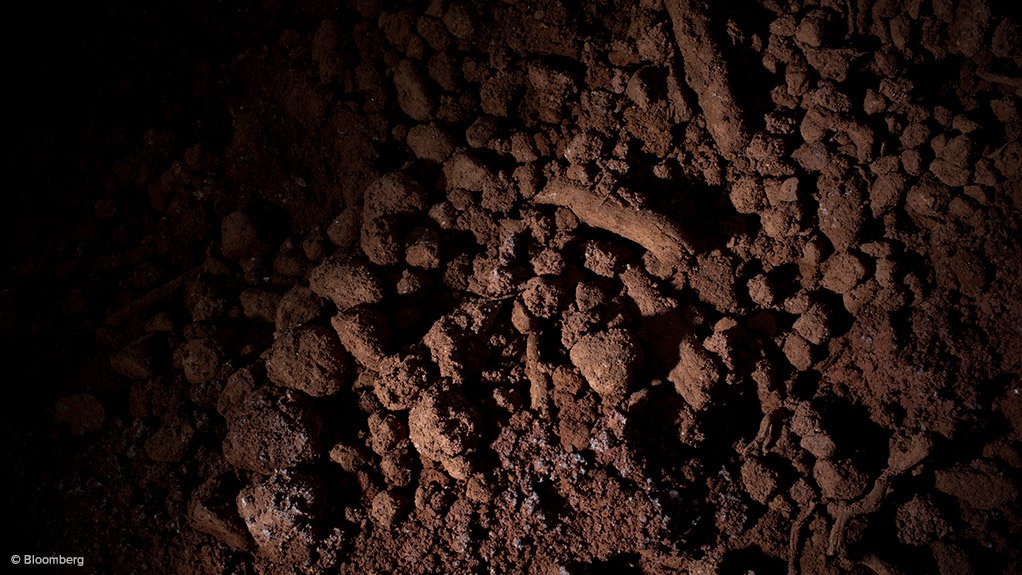PERTH (miningweekly.com) – The newly expanded Bauxite Hills mine, in Queensland, is expected to cost A$35.8-million, ASX-listed Metro Mining has reported.
The company on Wednesday announced the results of a bankable feasibility study (BFS), which was based on an initial 17-year mine life, with production to start at an initial rate of two-million tonnes a year by April 2018, ramping up to a steady-state of six-million tonnes a year over the first four years of operation.
The BFS estimated that the Bauxite Hills mine will deliver yearly earnings before interest, taxes, depreciation and amortisation of A$145-million, and would have a net present value after tax of A$601-million and an internal rate of return of 81%.
Life-of-mine revenue has been estimated at A$5.7-billion.
“The completion of the BFS is an enormous achievement for the company and a testament to MEC Mining, Metro’s project team and the quality of the project,” said Metro MD Simon Finnis.
“The BFS also confirms the benefits of acquiring Gulf Alumina, allowing one integrated development plan across both asset bases.”
With the addition of Gulf’s Skardon River project, Metro essentially doubled the mineral reserve at its Bauxite Hills mine, with the direct shipping ore (DSO) reserve now estimated at 96.5-million tonnes.
DSO resources were estimated at 128.8-million tonnes for the enlarged project, up from the previously defined 65.3-million.
The BFS results compared with a 2016 prefeasibility study, which estimated that a A$40.1-million capital investment could deliver four-million tonnes a year of bauxite over a mine life of 13 years.
Finnis on Wednesday said the low initial capital requirements estimated for the expanded Bauxite Hills mine reflected the strategic intent of Metro to fast-track first production with a four-year ramp-up to steady state production of six-million tonnes a year.
The planned production ramp-up will require further capital expenditure in the early years of the operational phase, and Finnis noted that a range of options were available to fund these costs, including leasing and use of contractors.
Meanwhile, while the BFS has been completed with a six-million-tonne-a-year production target, environmental approvals will allow for production of up to ten-million tonnes a year, with Finnis saying the company would continue to evaluate the benefits of increasing production further as it moved through the predevelopment and operational phases.
Metro has now started financing activities to ensure sufficient funding to develop the project and discussions have started with potential debt providers. Metro plans to source financing through a combination of debt and equity.
Edited by: Chanel de Bruyn
Creamer Media Senior Deputy Editor Online
EMAIL THIS ARTICLE SAVE THIS ARTICLE
ARTICLE ENQUIRY
To subscribe email subscriptions@creamermedia.co.za or click here
To advertise email advertising@creamermedia.co.za or click here













